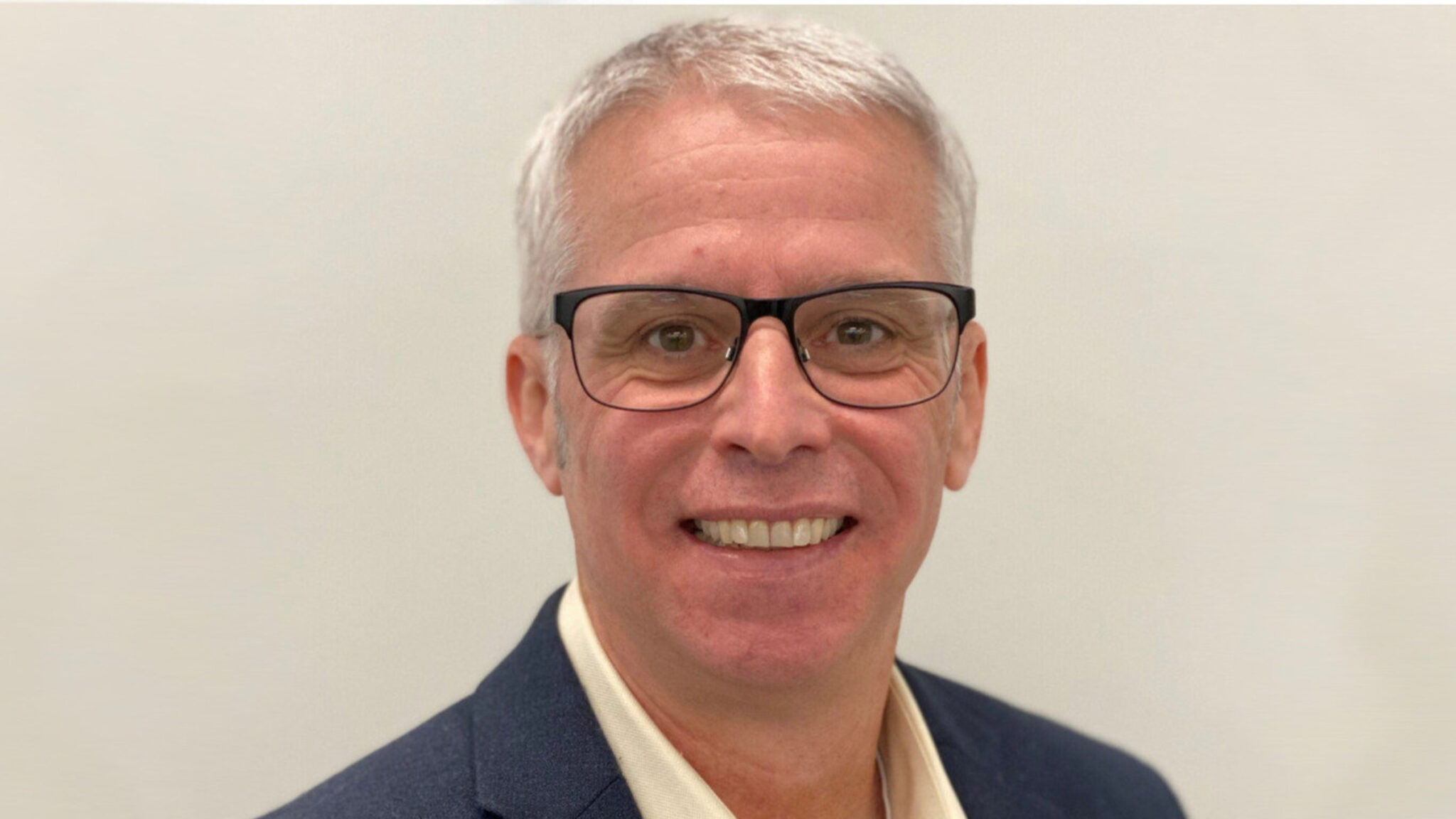
Stewart Campbell, Axial Therapeutics
Treating autism through the gut? Axial Therapeutics refuels on its exploration of the gut-brain axis
If Stewart Campbell had said five years ago that you could treat conditions of the brain through the gut, you probably would have thought he …
Sign up to read this article for free.
Get free access to a limited number of articles, plus choose newsletters to get straight to your inbox.